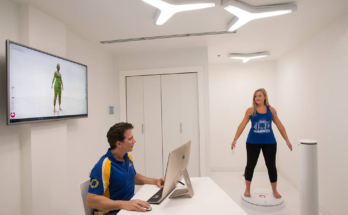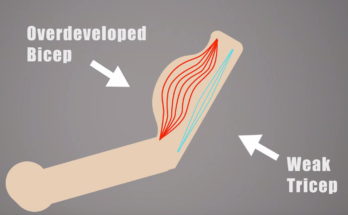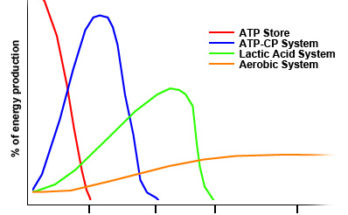
If you have ever followed a rigid exercise plan you will understand that your investment is important on a personal level. It’s easy to feel conflicted on days you’re tired and it’s almost impossible for most people to properly recover 100% of the time. Everyone has questioned whether it would be better to skip these days you’re feeling tired, stick with the plan, or modify the plan.
A recent analysis in StrongerbyScience explored research pertaining to strength training programs to help try and answer this question. In the arctic, Greg Nuckols takes a look at a study that can help us find an answer for these low-drive days.

Autoregulation is a fancy term that simply means altering your exercise plan in the moment based on how you’re feeling. It’s the idea that you don’t have to stick 100% to your programming and sometimes it’s even better to have an alternative plan of action for those days when you don’t have the energy.
The study is done in the context of strength training, but there are likely other parallels in training that might be explored in the future.
As Greg Nuckols puts it, the key takeaways from this study are:
1. Over six weeks, velocity-based training led to significantly larger gains in bench press strength and jump height than traditional percentage-based training in trained lifters.
2. Across four lifts – squat, bench press, overhead press, and deadlift – strength gains were almost 50% larger with velocity-based training, in spite of the fact that training volume was slightly lower.
This suggests that if your goal is to get stronger, perhaps for a powerlifting competition or strength sport, you can supplement your low rep near-maximum lifts with light-weight speed/velocity-based exercises.

The protocols for implementing this strategy seem vague according to the article, however, there are many sources for determining optimal strategies for velocity training. Science for sport has an in-depth breakdown for determining optimal loads in velocity training. Since velocity training is a complex topic, I invite you to read this article for an idea of where to start, and StrongLinksFitness will break down strategies in a future article.
As always, it’s important to understand that overtraining particular muscle groups can lead to muscle imbalances which will affect your performance and quality of life. Understanding what exercises to supplement to avoid muscle imbalances is a key part of progress and sustainability.



